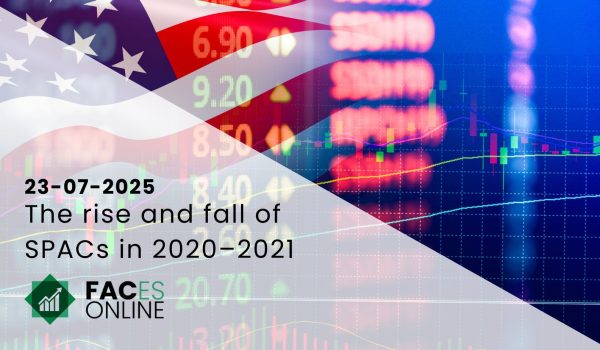The Dutch government nationalized SNS four years ago at a cost of €3.7 billion. SNS has now been split into several segments of which the banking part is still owned by the government. Minister of Finance, Dijsselbloem, asked the foundation that currently administers SNS to investigate the advantages and disadvantages of SNS operating as a public bank. This article already tries to answer this question by consulting the scientific literature on the performance of state-owned versus private banks.
The principle
The idea of the House of Representatives to refrain from privatizing SNS is that SNS as a public bank will provide a greater diversity to the Dutch banking landscape. In the Netherlands, three different types of banks operate: private banks (including ING, ASN and Knab), a cooperative bank (Rabobank) and (semi-)public banks (ABN AMRO and SNS Bank). Private banks simply aim to maximize their profits, which induces them to simply focus on their shareholders, while cooperative banks also pay attention to the key stakeholders within their business. For the time being, the public bank still exists in the Netherlands. Public banks do not simply try to maximize profits but serve the stability of the financial system by reducing risks and saving costs. To determine whether this theory is correct, I turn to the academic literature.
Performance and efficiency
The empirical literature on state-owned banks shows that these banks generally have a lower profitability, have an inefficient provision of credit and bear greater risks than private banks. The foundation of these findings lies in an inefficient allocation of resources. As public banks’ primary goal is not profit maximization, public banks provide money in an inefficient manner. This leads to a reduced incentive in determining the risks of loans correctly. What results is an increased risk in the financial system, loans have a higher degree of default and a lower profitability. On the contrary, governments provide implicit or explicit guarantees, thereby lowering the financing costs of public banks. These guarantees function as an assurance to investors (bondholders) that the government will step in if the bank gets into trouble. This leads investors to demand lower interest rates on funds lent to the bank.
Stability
However, state-owned banks do have a positive effect on the financial stability in a country. According to the literature, this effect particularly manifests itself during bad economic times. Evidence from the financial downturn of 2008 shows that state-owned banks acted countercyclically in their lending behaviour. While private banks limited their lending during the crisis, public banks increased their lending or kept it constant. Thus, public banks might prevent a ‘credit crunch’, a period with a sharp decline in available credit, from happening or mitigate it. In addition, banks acting countercyclically in terms of their lending promote economic recovery once the recession is over.
Conclusion
Although one might expect that a public bank is inefficient and unsuitable for the Dutch financial system, the literature points to an increased financial stability. Yet, the literature also assumes that state-owned banks are already present in an economy, thereby ignoring the fact that you and I, as taxpayers, have contributed to the nationalization of SNS; as much as €3.7 billion. When SNS remains a public bank, this amount will not be returned to the taxpayers. The question arises which alternative is cheaper: (1) keeping SNS as public bank and reaping the benefits of a stable financial system or (2) privatizing SNS and returning the costs of its nationalization to the taxpayers.**
** The alternative of privatizing SNS will be more advantageous when considering time preferences. Future losses need to be discounted as people generally value the future less than the present.
















